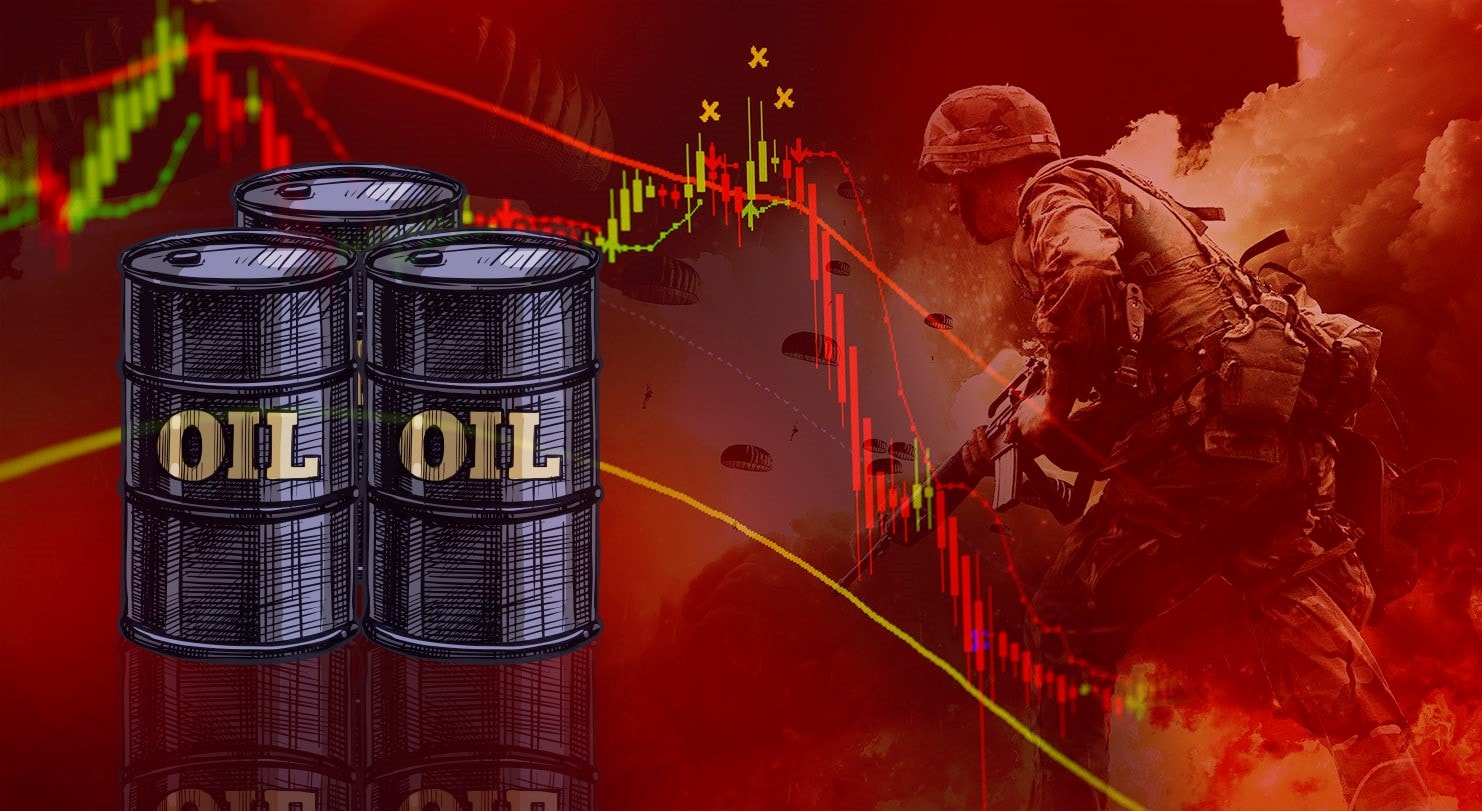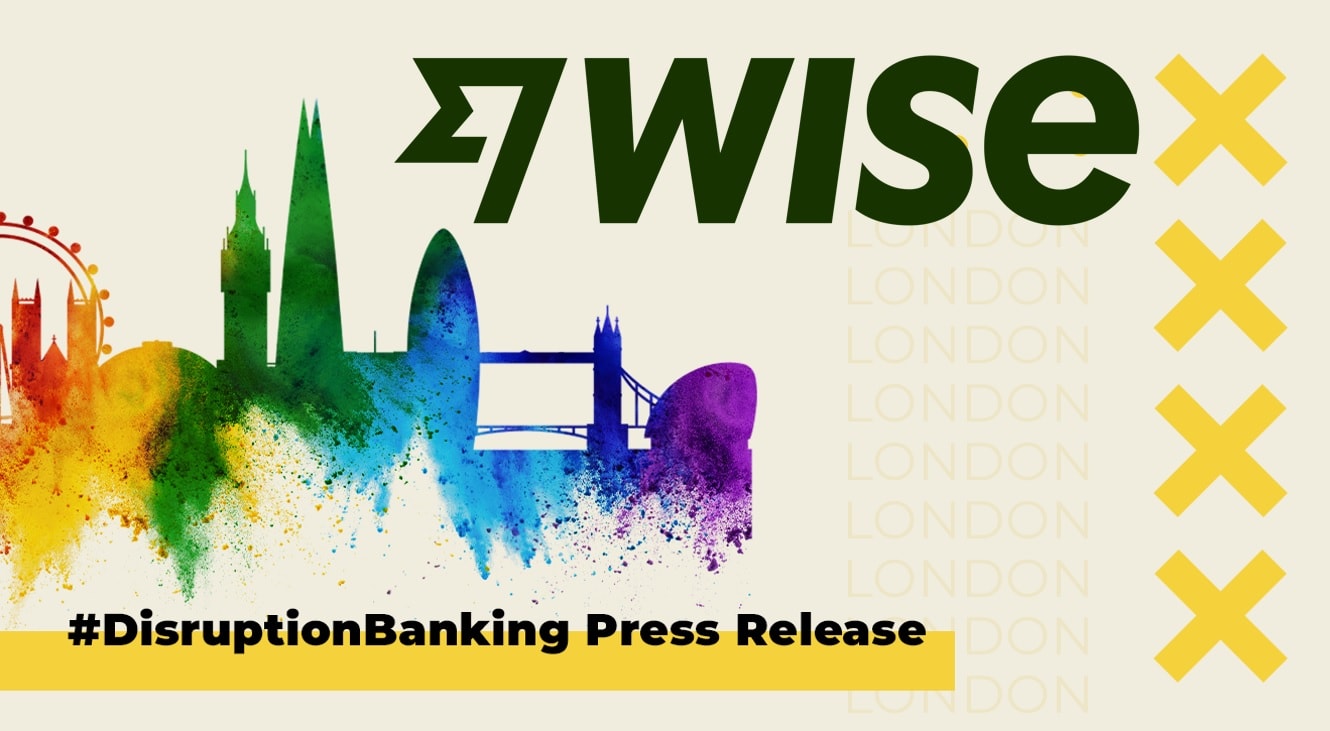Tension between leading OPEC member Saudi Arabia and non-OPEC leader Russia arose after a recent breakdown in negotiations over oil production cuts in response to the COVID-19 outbreak that had significantly cut global demand for oil.
Riyadh subsequently vowed to ramp up production at sharply discounted prices for April. The announcement, made on Sunday 8th, caused a crash of more than -30% seconds after markets opened the following Monday.
How low can oil go? One forecast sees $5 a barrel https://t.co/nXPP8SvVAV
— Bloomberg (@business) March 20, 2020
The 2020 Oil War had begun.
And with it, a whole host of global market risks suddenly came into play. Global stock markets, which before the announcement were in correction territory (-10%), quickly plunged into bear market territory (-20%), forcing limit down mechanisms.
WTI Oil prices rise 23% to >$25 as Trump rushes to help his oil friends. US President said he would intervene in oil price war between Russia & Saudi Arabia at “appropriate time.” Trump said that while low oil is good for consumers, “on the other hand it hurts a great industry.” pic.twitter.com/HnvBDLaCMC
— Holger Zschaepitz (@Schuldensuehner) March 19, 2020
“We have got a demand side shock and then you also have the combined issue of a significant amount of oil now coming on the market in April, so the direction of the oil price can only go in one direction, and that is down,” said BP CFO Brian Gilvary to CNBC’s ‘Squawk Box Europe’.
Some have even speculated that the price of oil could creep into negative pricing. This is because the price for now storing that oil outweighs the lack of demand that COVID-19 continues to drag down and the sudden massive oil supply that Saudi Arabia has pushed onto the markets.
“Anything is possible in commodities,” Francisco Blanch, head of global commodities research at Bank of America told Seeking Alpha, “we know zero is not a lower band – we learned that with gas.”
Fxstreet reported that analysts at Nordea were skeptical of the Ruble’s ability to strengthen near term as “an unfavourable oil market environment limits the upside potential for the RUB in the coming months even if risk sentiment improves.”
#Norway loses one-fifth of its #oil wealth as krone collapses, analysts say https://t.co/atxtDDgpkY
— Sputnik (@SputnikInt) March 20, 2020
Whilst analysts from Standard Chartered told the outlet they “recently lowered our Brent oil price forecasts for 2020 by USD 29/bbl to USD 35/bbl.”
SC’s money for now appears to be on the kingdom as they “significantly raised our headline GDP growth forecasts for Saudi Arabia, and to a lesser extent the UAE, as these countries scale up crude production sharply. This should support oil-sector growth, near-term.”
Although Donald Trump has noted his intention to intervene between Russia and China, and the demand and supply imbalance has led to Saudi Arabia having to cut operational costs of more than $13 Billion as reported by Bloomberg, no side appears willing to back down.
But if prices of oil do get much closer to the $0 price (is that even a price?), the world could become an even more unstable place and will spark further systemic risks such as more pension funds seeking bailouts.
We pray April is a calm month, and if it isn’t, let’s hope those pensions don’t collapse further shall we?
[do_widget id=custom_html-22]
Are you looking to manage global risks in capital markets during these turbulent times? Because this is when it gets interesting. BTRM is for you.

















One Response